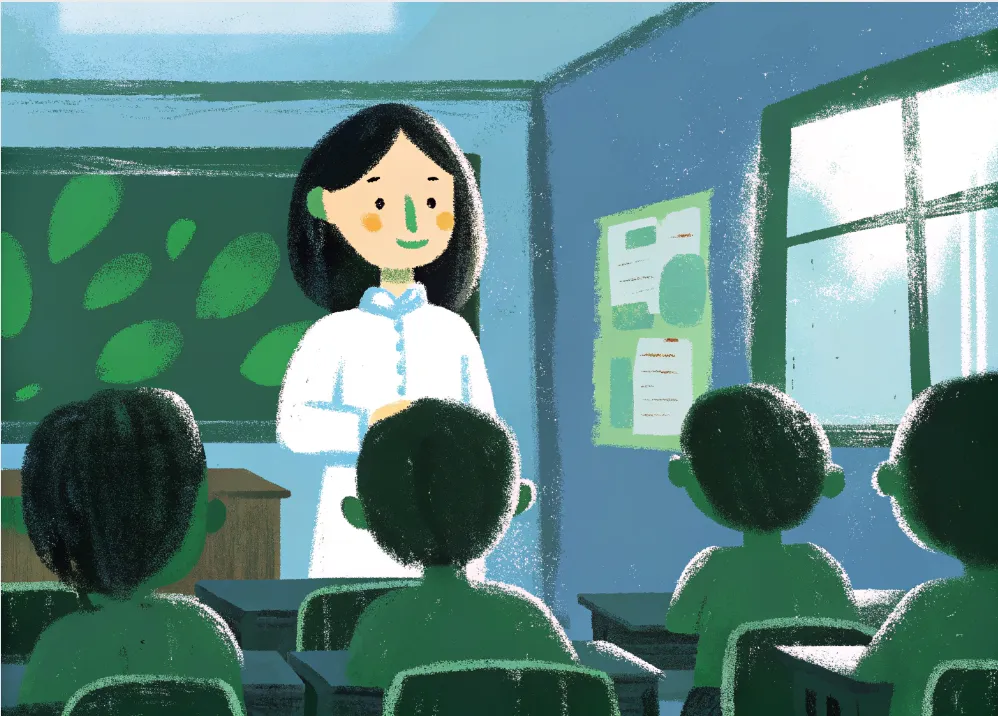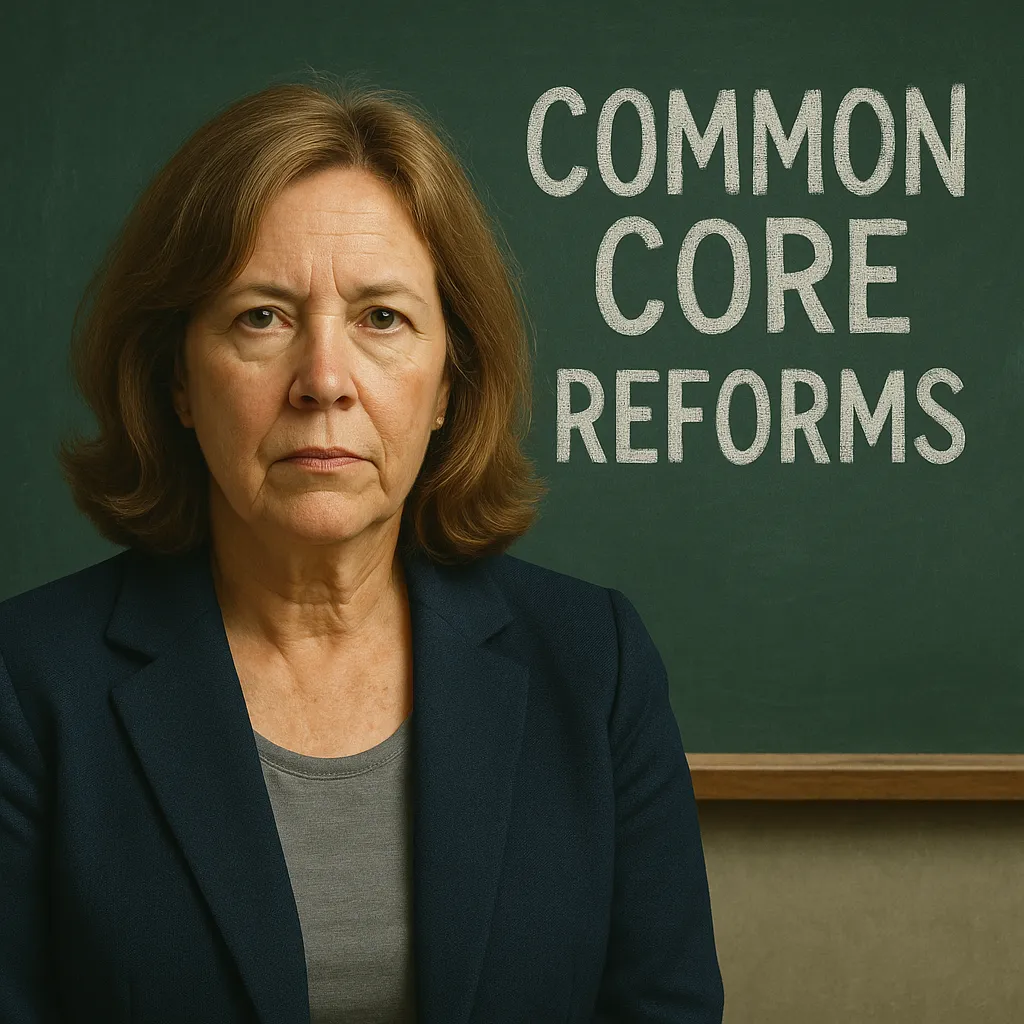In today’s high-stakes education climate, one teacher’s story from Washington, D.C., sheds light on the devastating impact of tying teacher evaluations to student test scores—especially under the Common Core framework.
A former South Side High School student—now a young, passionate educator—shared her experience in a letter that speaks for thousands. Her identity is protected, but her words echo the frustrations of many teachers caught in a system that confuses test scores with real learning.
A Promising Start That Wasn’t Enough
In her first year of teaching at a high school for students with behavioral and emotional challenges, she was able to connect with students and ignite a genuine excitement for learning. She introduced rigorous material and helped students change the way they saw the world—and themselves.
Her efforts were recognized with a “highly effective” rating by school leaders and anonymous “master educators.” That rating came with praise and even a bonus. She was thrilled.
But then her students took the 9th grade DC CAS exam. Despite her success in the classroom, many of her students—who entered reading at elementary levels—scored poorly. Her evaluation dropped dramatically.
In the world of education reform, test scores outweigh context. The system didn’t acknowledge the progress her students made. Instead, it penalized her for what the test couldn’t measure.
Systemic Consequences for Teachers and Schools
Her school leader, who had worked tirelessly to improve school culture and support teachers, was let go. The new leadership brought lower morale, but ironically, higher test scores. Even then, her evaluation continued to decline—another sign that the system wasn’t built to reward authentic teaching.
Other teachers in “testing grades” faced similar outcomes: probation, pay freezes, or were quietly pushed out.
Evaluations were based on a mix of classroom observation rubrics and a mysterious “Individual Value Added” score—an algorithm teachers were never allowed to see or understand. It created a culture of fear, where teaching to the test became the norm.
The Common Core and the PARCC Exam: A Crushing Combination
Despite changing schools, she continued to see the same issues. The PARCC test left students anxious and discouraged. Teachers were stretched thin, juggling test prep and survival under flawed evaluation systems.
The system seemed blind to what really mattered—creativity, engagement, and student growth that can’t be captured by a bubble sheet.
A Thank You to Educators Who Stand Up
In her letter, she thanked Dr. Carol Burris, her former principal and now an outspoken advocate for public education. Once a student in Dr. Burris’s care, she now sees her as a leader for teachers across the country.
Her final words resonate deeply:
“You had our backs then, as students… and you have our backs now, as teachers.”
Real Teaching Can’t Be Measured by a Test
This story is not just one teacher’s experience—it’s a snapshot of a broader failure in education reform. When evaluations are tied to scores that ignore context, progress, and individual student needs, both teachers and learners lose.
Until we shift focus from test metrics to meaningful education, stories like this will continue—and talented teachers will continue to burn out.



